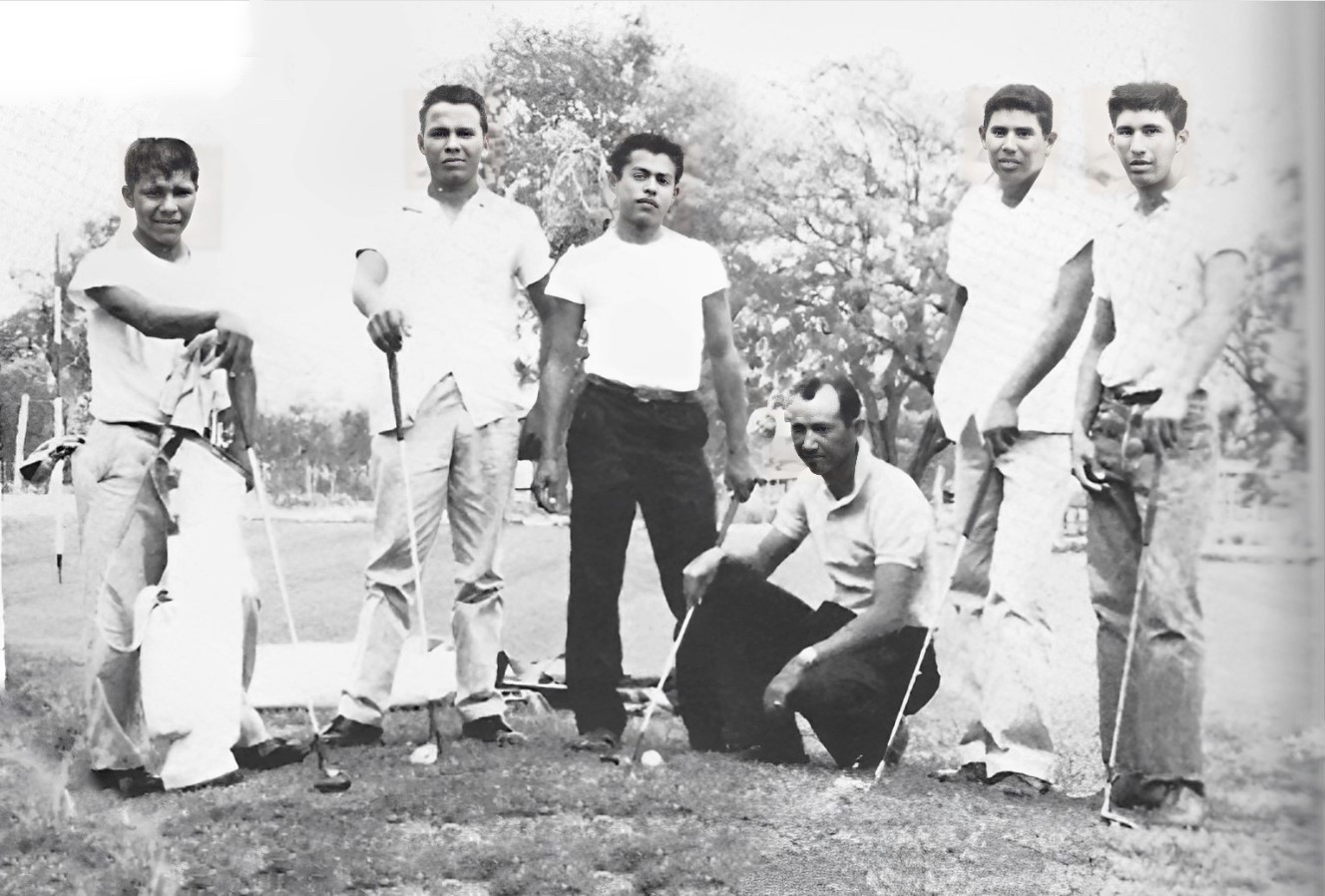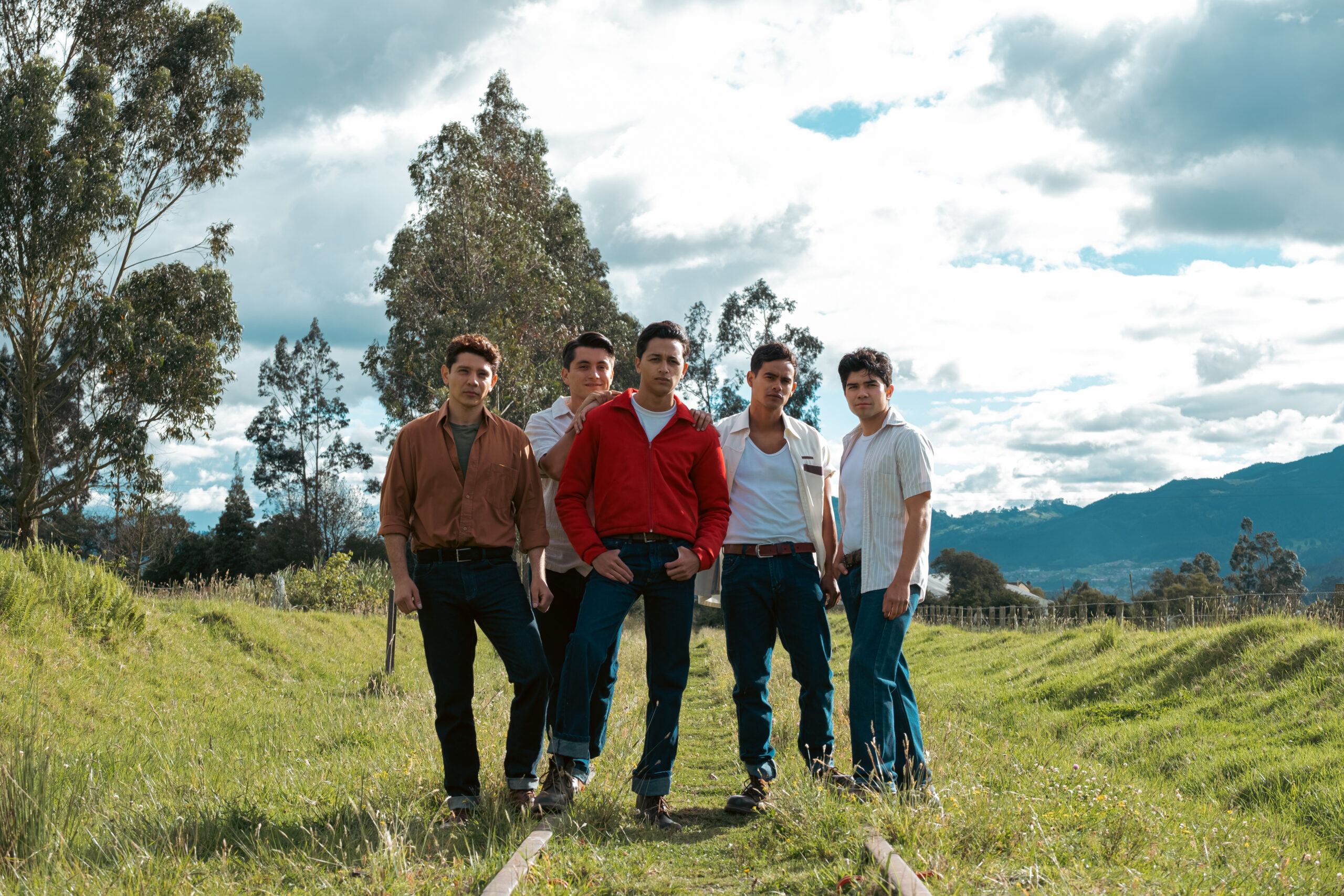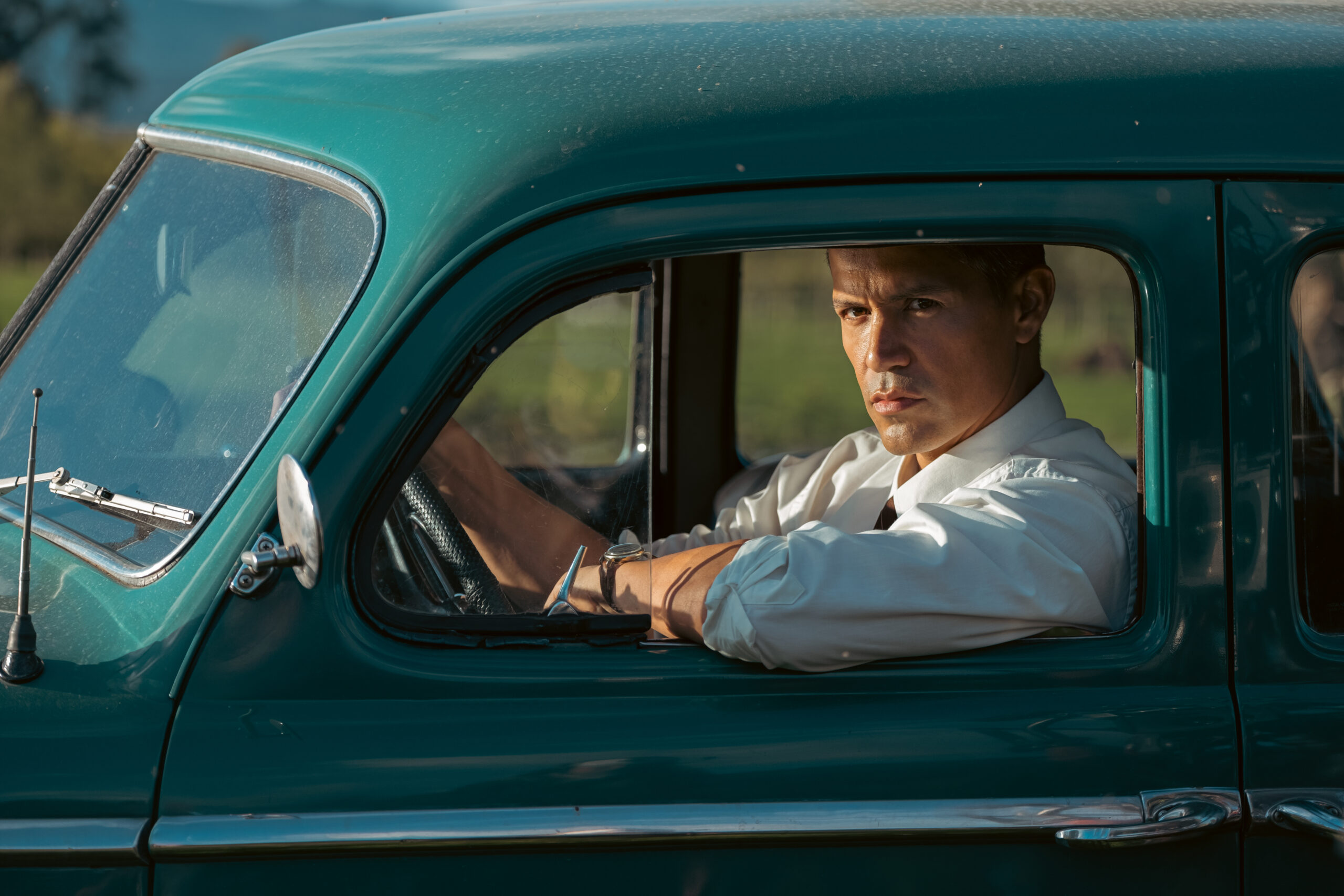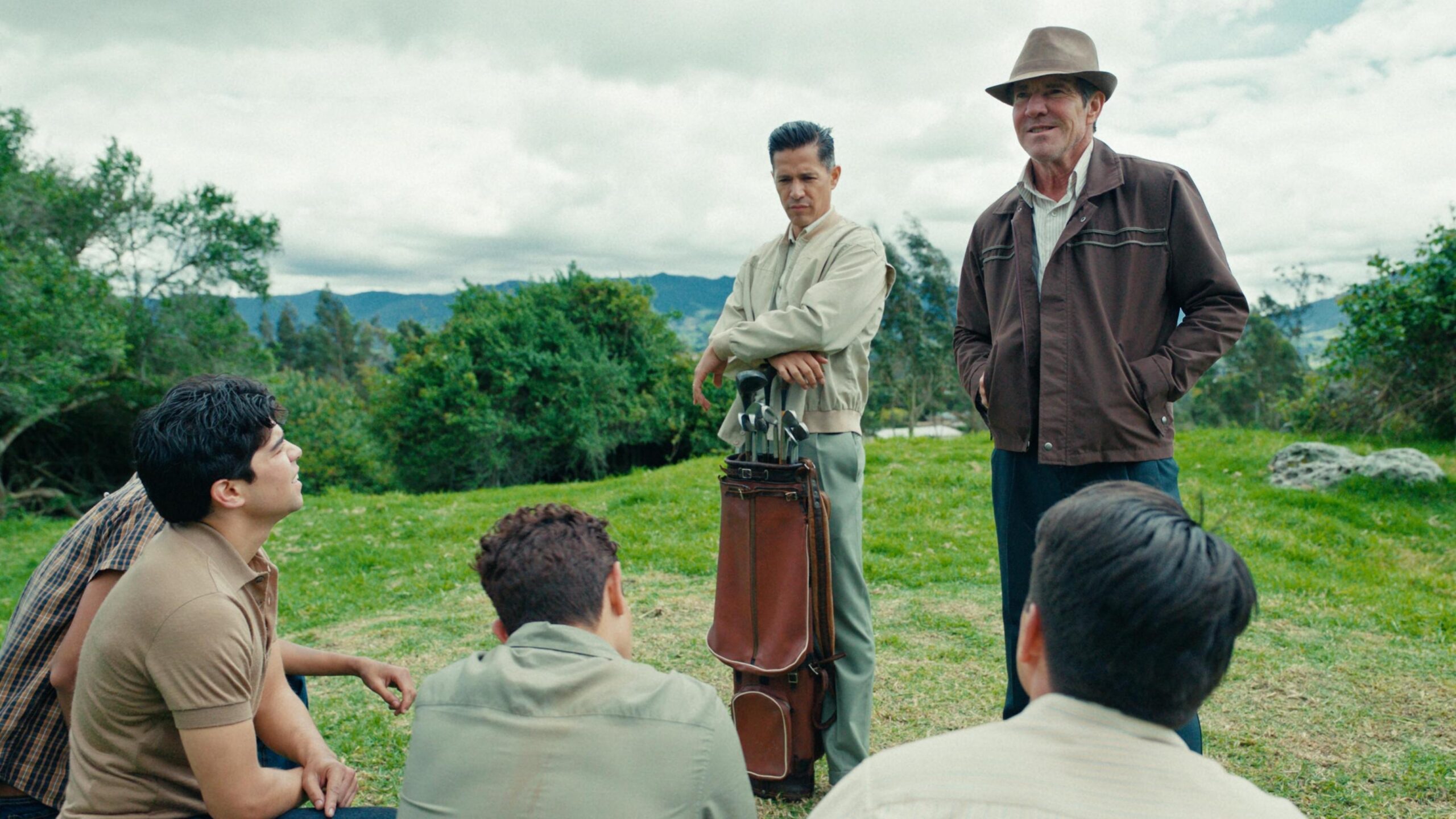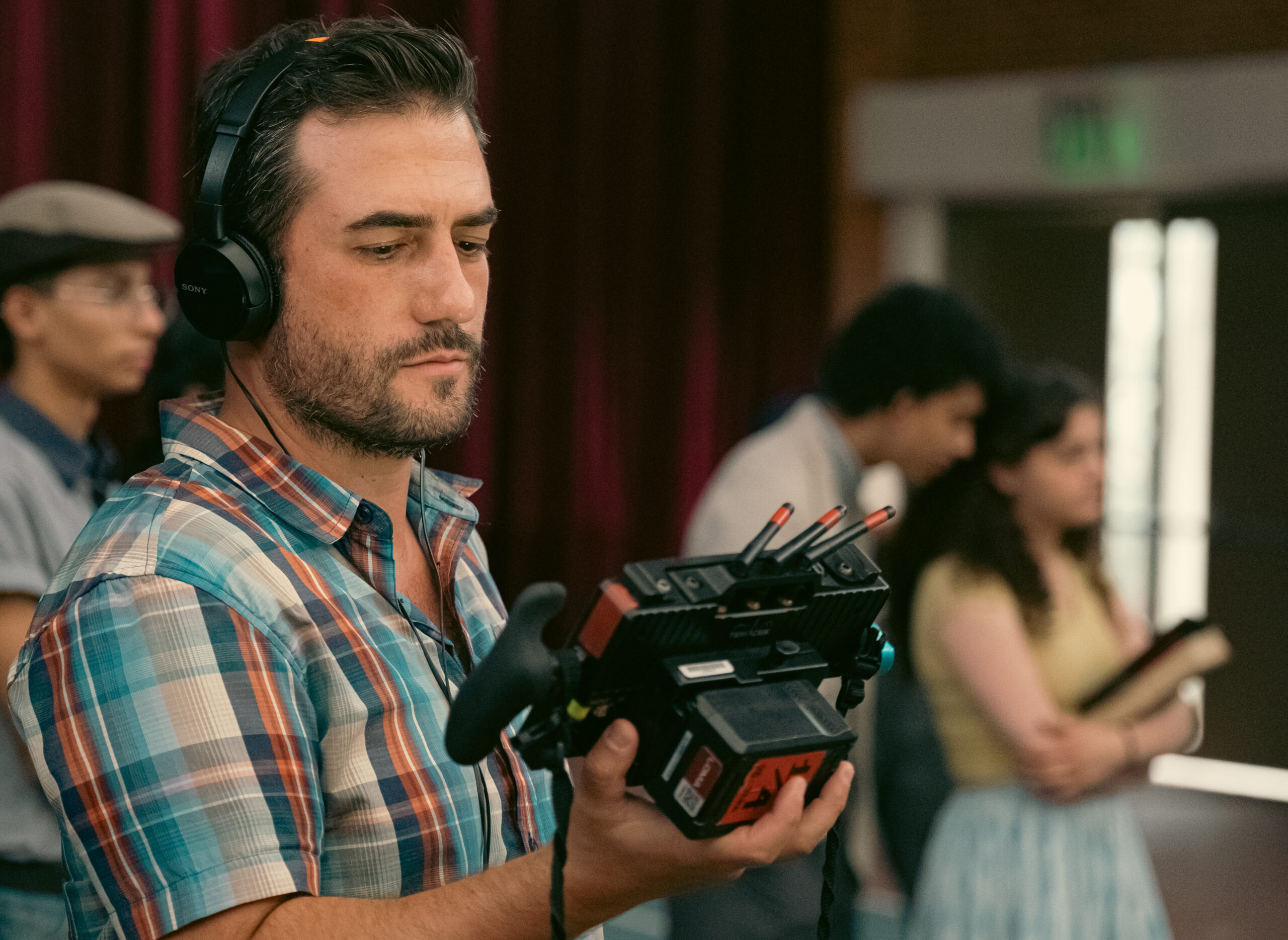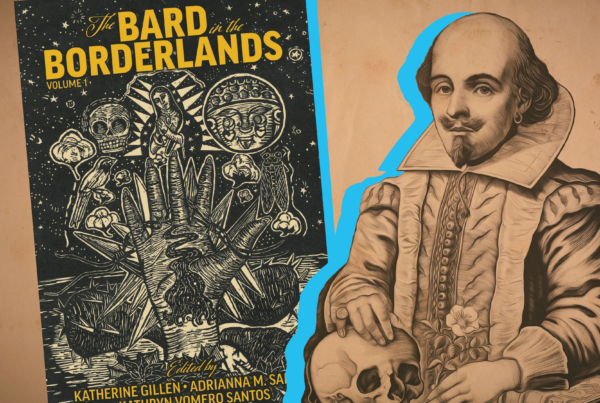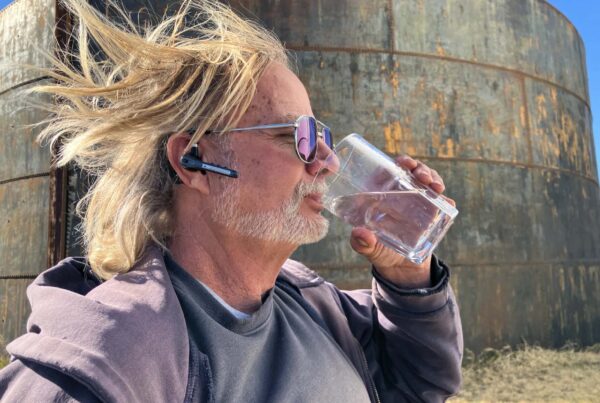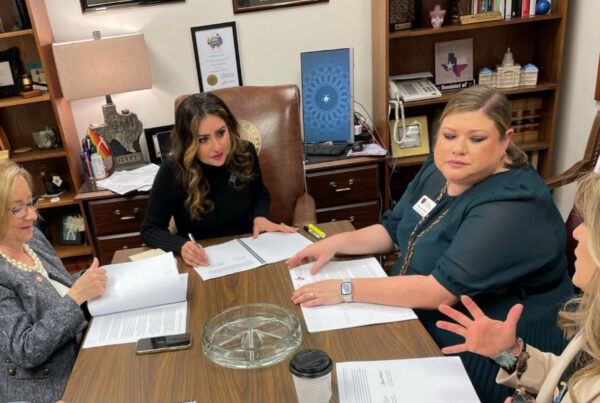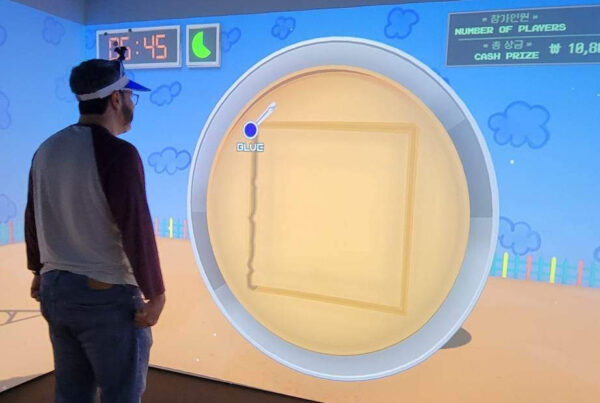In the 1950s, four Mexican American teens in Del Rio, Texas, wanted to play golf but weren’t allowed to play at the white country club in town. As the story is told in the book “Mustang Miracle” by Humberto Garcia, those young men went on to become Texas state champions.
Now, that epic tale is getting a loving treatment on the big screen. The new film “The Long Game” premiered at South by Southwest last week. The director – Julio Quintana, who is from Texas – spoke to the Standard about the significance of telling a multilayered story. Listen to the story above or read the transcript below.
This transcript has been edited lightly for clarity:

“The Long Game” director Julio Quintana.
Texas Standard: Tell us a little bit about yourself first. I mean, I’ve heard that you came to Austin around 2000 – your family part of the oil business. How did you come across this story?
Julio Quintana: Well, it was brought to me by a producer, Javier Chapa, who also brought me my last movie, “Blue Miracle” – a similar kind of true story also starring Dennis Quaid. And so it seemed like a good reason to kind of bring the team back together and take another crack at the “amily/sports movie space kind of thing. But to be perfectly honest, when he first brought it, that was actually part of why I resisted doing the movie, because we felt like we had sort of done something similar enough. And I didn’t want to retread old territory. But, when I started reading into it – and I actually read the book and the screenplay – what really resonated with me was these young guys who, you know, they were left out, but instead of feeling sorry for themselves, they actually went out and built a course in the middle of a field and taught themselves how to golf with old clubs. And, you know, my family’s from Cuba. And so I grew up with stories like that. My dad used to make his own baseballs with electrical tape and things like that. So for me, it really resonated as an inspiring story that we could all kind of get.
Had you ever heard the story before you read the book, the screenplay?
No, I never heard anything about it. And that’s actually kind of crazy because now, having done two true stories of crazy things that I never heard of, it kind of makes me think that there’s a lot more of these kinds of stories that we just don’t know. You know, we don’t talk about them. I think maybe it seems like, you know, there’s a lot of inspiring stories that kind of get to fall to the wayside. So I’m really excited to be able to shine a light on something like this.
» SEE MORE: In 1957, this team of Hispanic golfers shocked Texas by winning state



